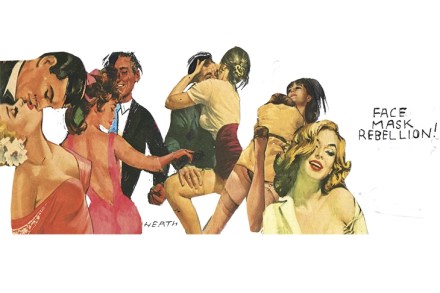Portrait of the week: Local lockdowns, busy beaches and an explosion in Beirut
Home Some 2.7 million people in Greater Manchester and parts of Lancashire and West Yorkshire, where many Muslims live, were put under tighter restrictions on the eve of Eid al-Adha. Wedding receptions, gambling in casinos and eyebrow-threading continued to be banned when the government decided to ‘squeeze the brake pedal’ to control coronavirus, in the words of Boris Johnson, the Prime Minister. Aberdeen was put back into lockdown. People would have to wear masks in church from 8 August. The sudden actions came after new cases rose from a probable 2,800 to 4,200 a day, according to a survey by the Office for National Statistics, based on 116,026 swab tests





















